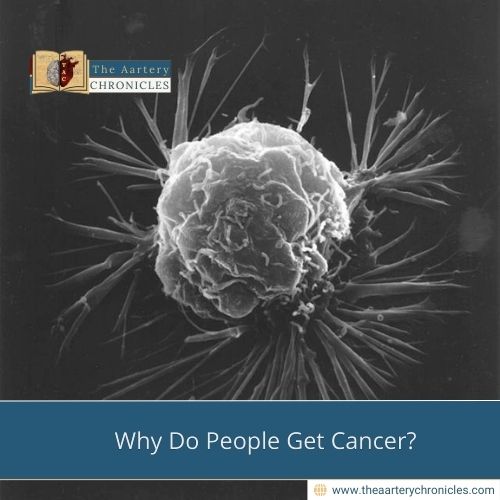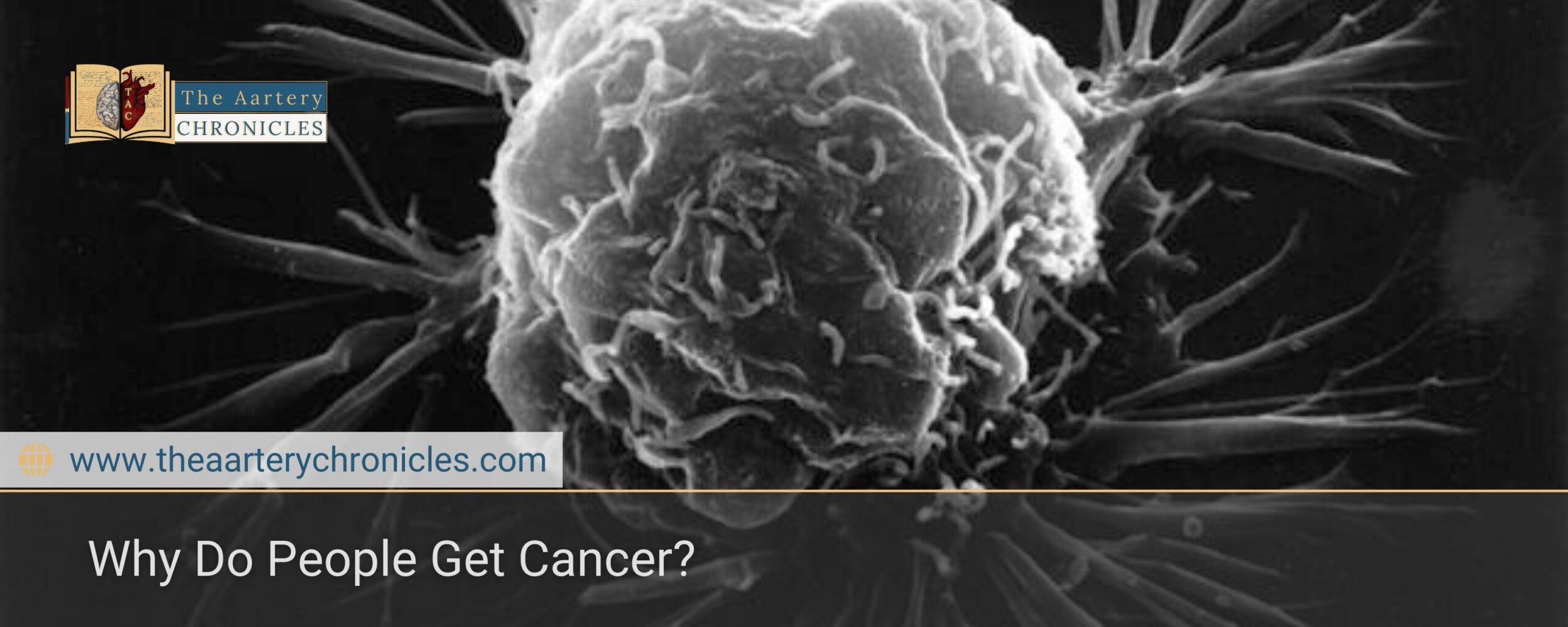

Why Do People Get Cancer?
Introduction
Cancer is a complex, multifactorial disease that occurs when cells in the body begin to grow uncontrollably. This process can be influenced by a variety of environmental, genetic, and lifestyle factors. Understanding the causes of cancer can be difficult because multiple causes often interact with each other. Here are some of the main factors that contribute to the development of cancer:
1. Genetic Factors
Some types of cancer are associated with inherited genetic mutations that significantly increase a person’s risk of developing the disease. For example, mutations in the BRCA1 and BRCA2 genes are known to be linked to an increased risk of breast and ovarian cancer.
2. Environmental Factors
Exposure to certain environmental agents such as radiation, asbestos, some industrial chemicals, and pollution can damage the DNA of cells and lead to cancerous growth.
3. Lifestyle
- Smoking: Tobacco use is the single largest risk factor for cancer worldwide, particularly linked to cancers of the lung, mouth, throat, pancreas and bladder.
- Diet: A diet low in fruits and vegetables and high in processed foods and red meat has been linked to an increased risk of various types of cancer.
- Physical Activity: Lack of physical activity can increase your risk of cancer, including colon, endometrial, and breast cancer.
- Alcohol: Excessive alcohol consumption is a known risk factor for cancers of the mouth, throat, liver, breast, esophagus, and others.
4. Infections
Some viral or bacterial infections can increase your risk of cancer. For example, hepatitis B and C viruses can lead to liver cancer, human papillomavirus (HPV) is a leading cause of cervical cancer, and Helicobacter pylori is associated with stomach cancer.
5. Age
The risk of developing cancer generally increases with age due to the accumulation of DNA damage over a lifetime and the decreased efficiency of the body’s DNA repair mechanisms.
6. Immune System Dysfunctions
People with weakened immune systems, such as those who have had organ transplants or are living with HIV/AIDS, are at increased risk of developing certain types of cancer.
Conclusion
Cancer prevention focuses on reducing risk factors and enhancing strategies that can help prevent the disease. This includes maintaining a healthy lifestyle, getting regular screening for preventable or early detection cancers, such as breast, colon, and cervical cancer, and getting vaccinated against viral infections that can cause cancer.









